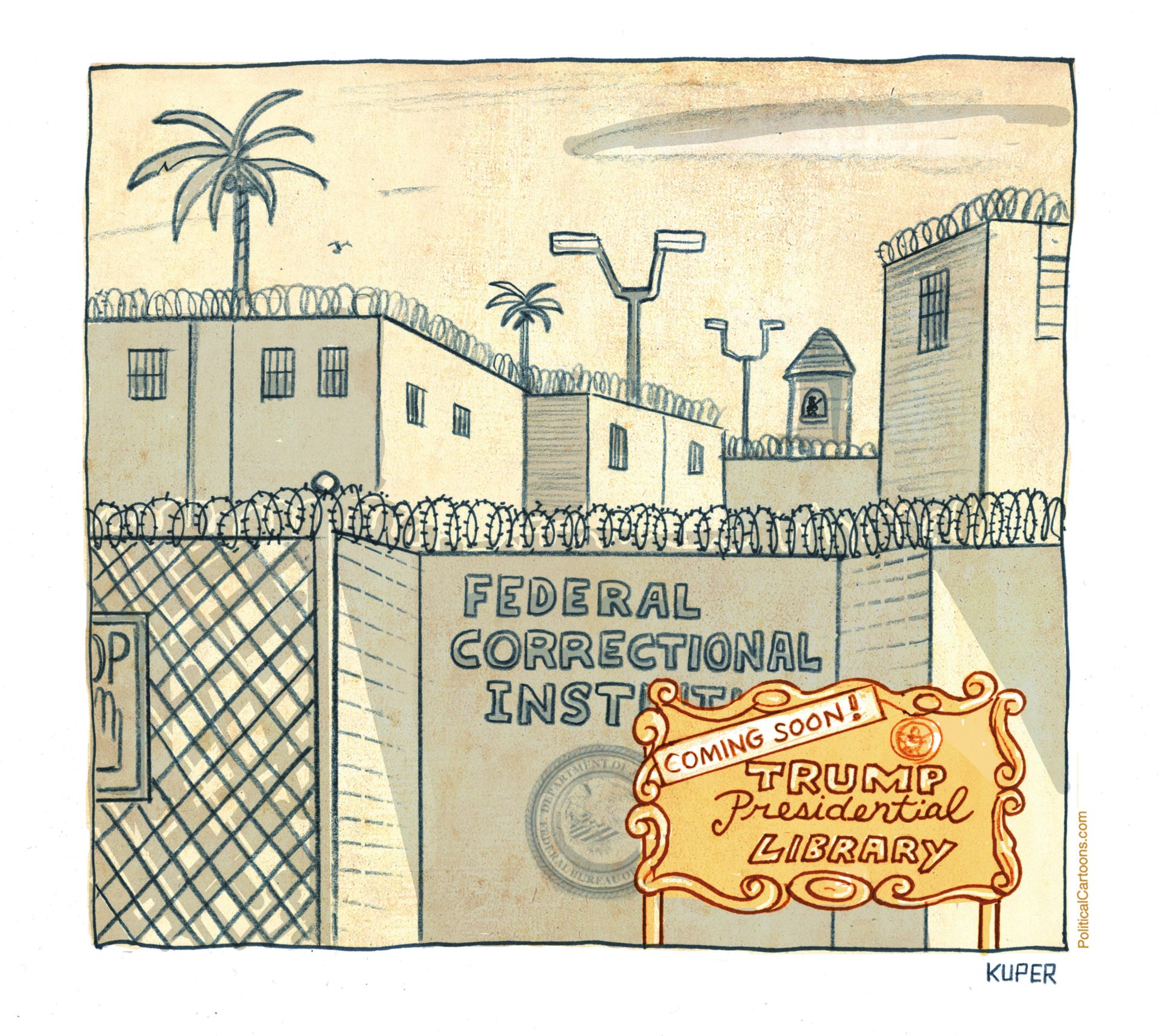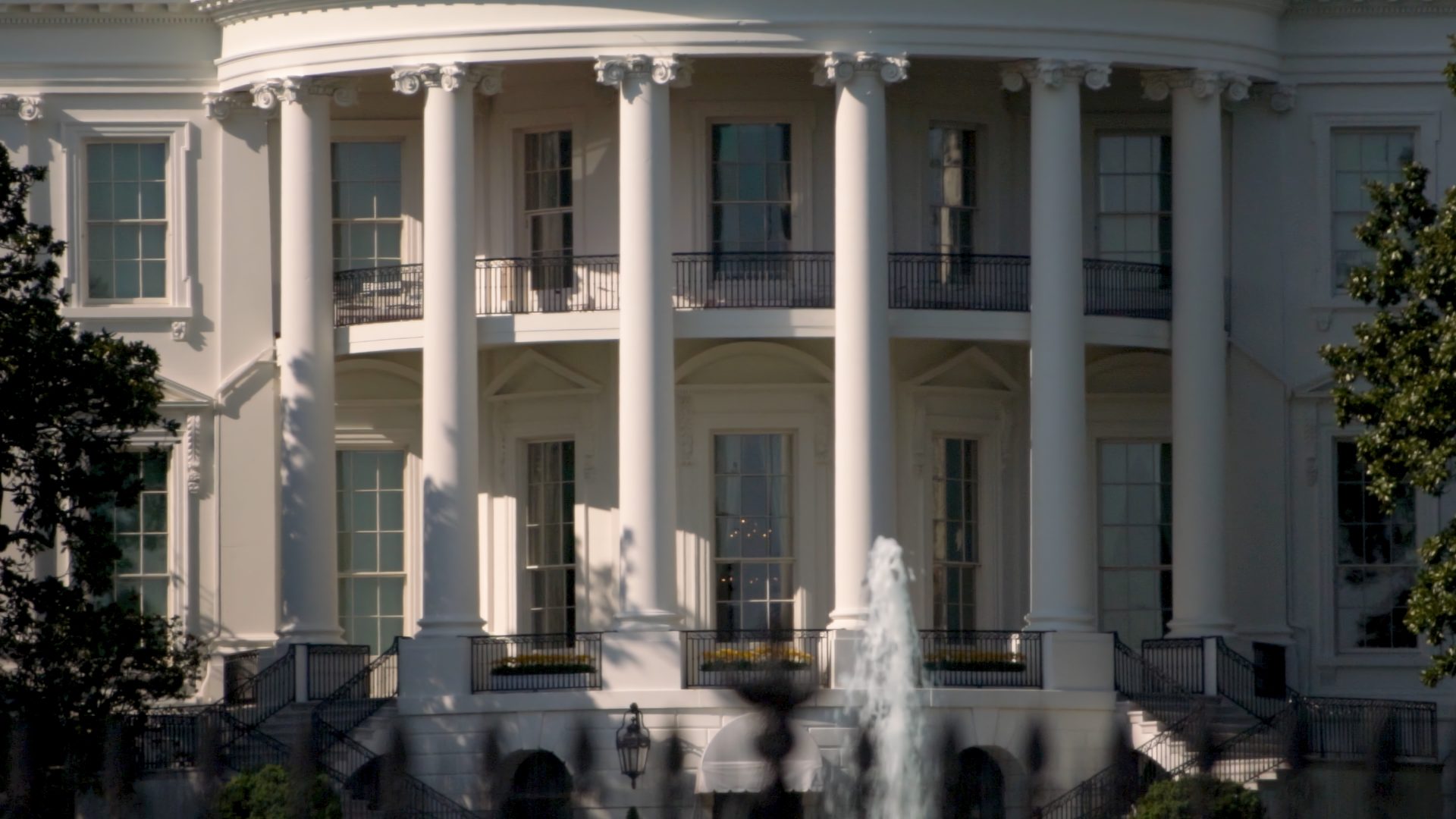|
Only have a minute? Listen instead
Getting your Trinity Audio player ready...
|
CBS’s legal expert Rikki Klieman greenlighted the idea that “You can run for president and serve for president if convicted of a crime in our system.” Let me correct her: No, you can’t. The fact that nothing in the Constitution explicitly prohibits a convicted felon from running the country does not mean the Founders intended that to happen.
America has never gotten around to enacting election laws to explicitly stop this, just like America didn’t get around to limiting the terms of presidents until some 175 years after the Constitution was written.
Important democracies like Athens, Rome and Anglo-Saxon England certainly had such prohibitive laws. Our democratic system is still relatively young, and we have never run into a major attempt to change our system of government by election subversion or military coup, perhaps because we thought those kinds of things could never happen here.
The Founders wanted to protect democracy from the activities of both ordinary felons and political felons committing “high crimes and misdemeanors.” Protecting democracy in America from political felons is the reason we have presidents take an oath requiring them to “preserve, protect, and defend” the Constitution. That is also why the Founders made it extremely difficult to change the Constitution, requiring super-majorities of the Congress and of the states to get the job done instead of individual presidents doing it on their own initiative.

Either one of these two provisions of constitutional law — oath or amendment — might be used as authority to bar felons from the ballot without any further legislation. For example, a convicted felon cannot be trusted to keep the oath of office, because his previous felony conviction proves he is already inclined to subvert the rule of law. Also, let’s say he already tried to build a border wall without specific legislative authorization and appropriation. In that event, he has already demonstrated his willingness to circumvent the arduous amendment process necessary to authorize executive department law-making in the first place.
There are several other reasons why running for office and holding office are prohibited for felons. Our laws prohibit felons from voting. Why would we prohibit someone from voting, which is a lower-level civil right, but then allow him to hold office, which is the highest level of civil right?
Felonies are thefts of several thousands of dollars of property. Someone who tries to steal a presidential election is trying to hijack the most expensive type of property of all, a multitrillion-dollar economy. If we curb rights for smaller dollar thefts, why not for the largest?
Felons are also typically denied freedom of movement by means of prison time and denial of passports. Why would we elect a felon to an office that requires a huge amount of freedom of movement and international travel? Prison is much more appropriate for the political felon than the Oval Office. Not cool to allow him to run the country from a prison cell either.
Felons are also typically prohibited from owning guns. Why would we elect a felon to a position that puts him in charge of the world’s largest cache of guns?
In sum, convicted felons do not have the right to run for and hold public office in America.
Kimball Shinkoskey lives in Woods Cross, Utah.




